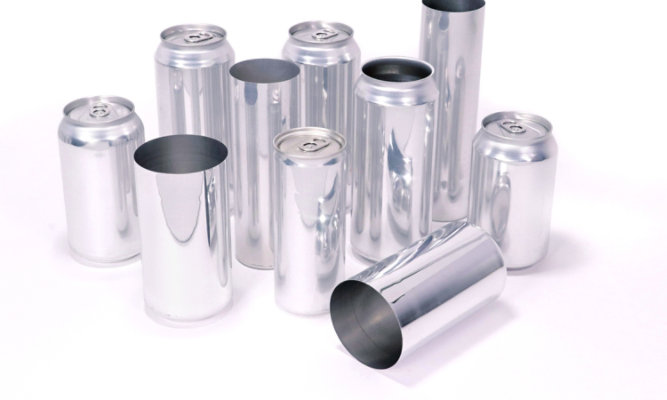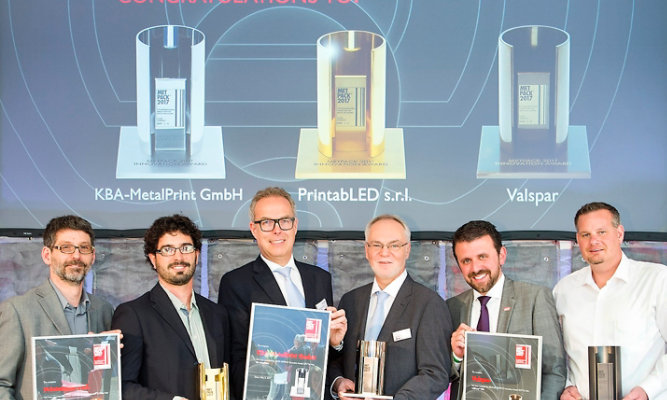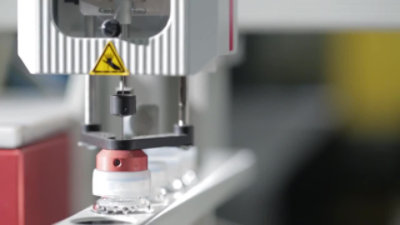The Value of Light Metal Packaging Lined with Non-BPA Linings
Metal cans lined with non-BPA linings can help reduce food waste, improving nutrition, health and sustainability. Read our article on The Value of Light Metal Packaging to learn more.
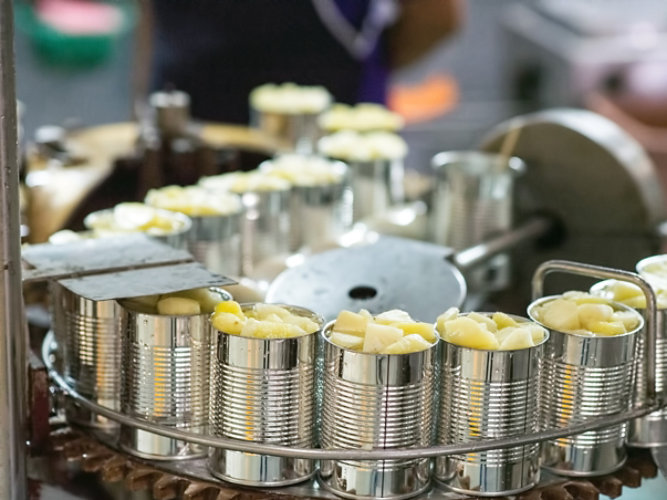
HOW NON-BPA LININGS ADD VALUE TO FOOD AND BEVERAGE PACKAGING
Light metal packaging, commonly called the metal can, is one of the best food and beverage packaging solutions available from an economic, health and life cycle point of view. Metal cans, lined with non-BPA linings from Sherwin-Williams, play a key role in reducing food waste, and improving nutrition, health and sustainability.
Non-BPA Linings Increase Shelf Life
The high-heat canning process for light metal packaging provides safe, quality, nutritious food with a long shelf life, more than many other types of packaging. While fresh produce can spoil, canned foods are a reliable source of nutritious food.
Can Packaging Creates Efficient Global Distribution
Cans help ensure that nutritious food can be delivered across the globe in a cost-effective manner. Canned foods and beverages retain shelf life better than other packaging options and do not require refrigeration, thus saving money and energy.
Non-BPA Linings in Cans Protect Your Health
The metal can, lined with can coatings, is one of the safest processes for preserving food and preventing the growth of microorganisms that cause foodborne illnesses. Light and oxygen are the main causes of food spoilage and metal cans that use a non-BPA epoxy (non-BPA is sometimes referred to as BPA-free) provide excellent barriers against these threats.
Increased Nutrition
Canned fruits and vegetables are usually harvested and canned within four hours, locking in nutrients that would otherwise degrade for fresh foods in their transit to market. The heat used in canning improves the preservation of certain nutrients found in fruits, vegetables and proteins without requiring the addition of preservatives.
Sustainability
The metal can is the epitome of sustainability. With an infinite recycling life, the metal can is the most sustainable model to reduce our emissions and pollution. When it reaches the end of its useful shelf life, the can is collected and recycled, time and again, for future use — with no loss of its inherent properties. Up to 75% of the nearly 1 billion tons of aluminum ever produced in the world is still in use today.1
Economic Contribution
Aluminum cans support municipal recycling programs, which often rely on the reselling of recycled materials. The value of recycled aluminum cans is €1.055 ($1.186) per ton on average, while for plastics (PET) and glass it is €201 ($226) and €15 ($17) per ton respectively.2
Light metal packaging that uses non-BPA linings from Sherwin-Williams enables the production of food and beverage cans that deliver a multitude of values for can makers, brand owners and ultimately consumers across the globe.
What Does non-BPA Mean?
Non-BPA coatings are coating technologies that are based on polymeric components that are not derived from Bisphenol-A. Coatings for the food and beverage industry comply with food contact regulations and provide protection for the metal can and for the packed product, allowing foods to be packed, shipped and consumed safely every day.
To learn more about the value of metal cans, download our full whitepaper, The Revival of the Metal Can.
Sources:
Discover More
Industry Expertise and Innovation
See how Sherwin-Williams Packaging Coatings helps customers find customized solutions for their projects.
Article
August 30, 2018 / Bloomberg Environment
Sherwin-Williams Strategy to Line Billions of Food Cans: Hire Skeptics
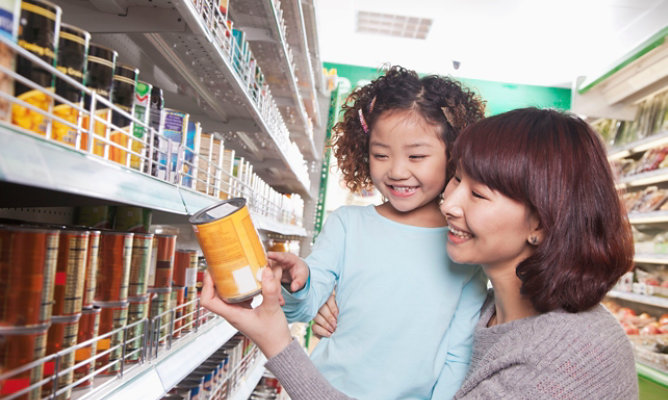
News
June 21, 2017 / Press Release Valspar
Sherwin-Williams Packaging Coatings Wins the Bronze METPACK 2017 Innovation Award

Related Products
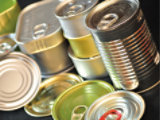
valPure V70 - a non-BPA Epoxy
Cutting-edge Non-BPA* Epoxy technology already available for Beverage Can Interior, Beverage End Interior, Food D&I Interior, and Food Exterior applications.(V70 Series)
